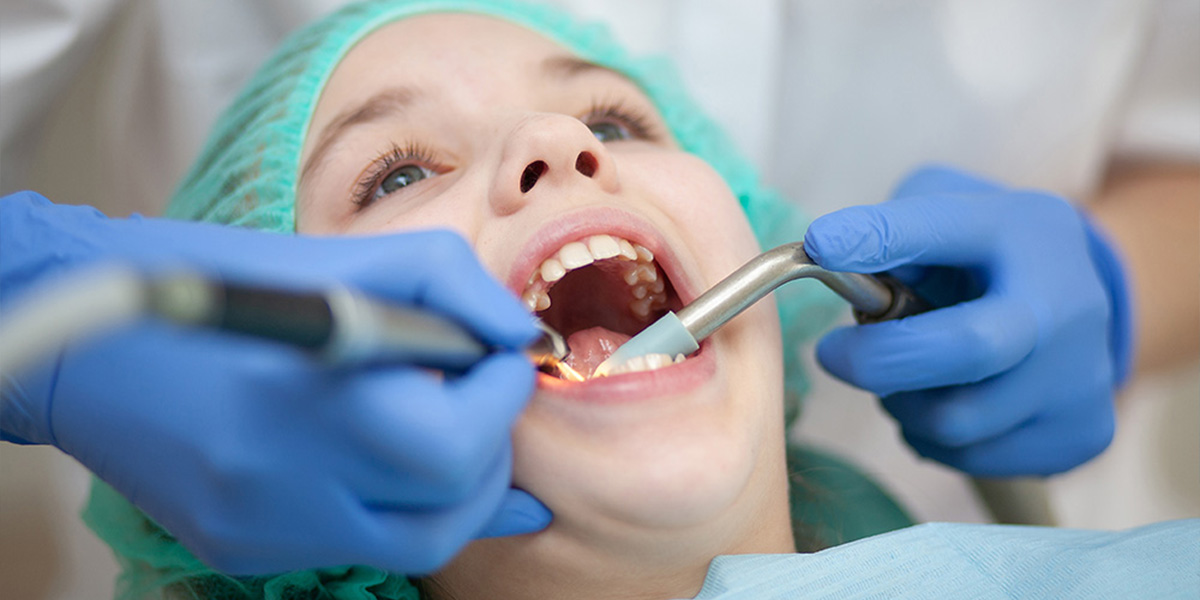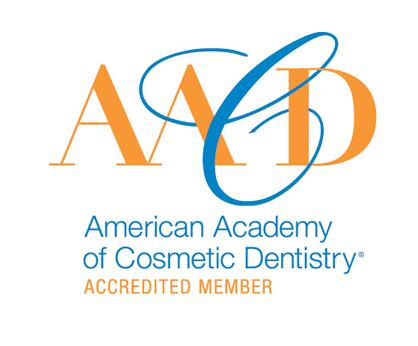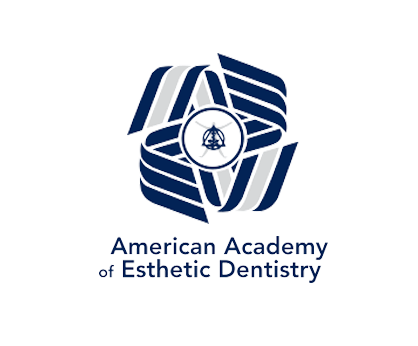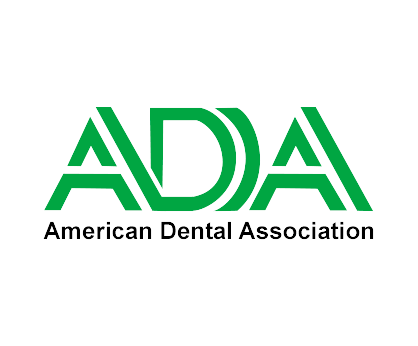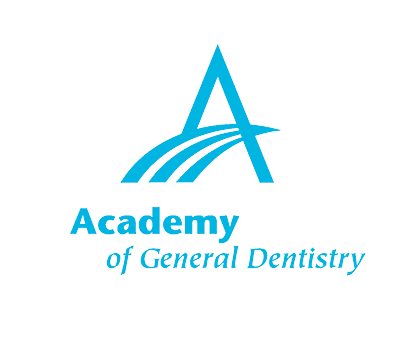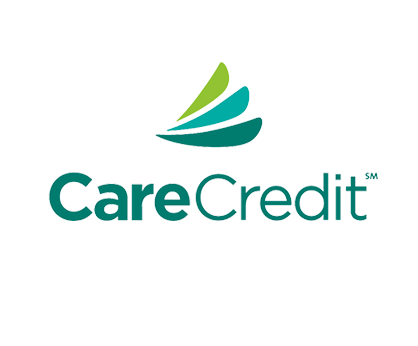No matter our age, dental cavities are a familiar foe. Remember those childhood trips to the dentist, where we'd pray we didn't have a cavity? Fast forward to adulthood, and many of us still have a twinge of anxiety about these tiny tooth troubles. Let's get up close and personal with dental cavities: what causes them, how we can prevent them, and how they are treated.
What Exactly Are Dental Cavities?
Dental cavities, also known as caries or tooth decay, are essentially damaged areas in your teeth that develop into tiny openings or holes.
Think of a cavity as a small crater that has formed on the surface of your tooth. This isn't a natural pit or fissure but rather an unnatural defect caused by the gradual erosion of your tooth's structure. Over time, these tiny craters can grow larger and deeper, leading to significant tooth damage.
Cavities are primarily caused by a complex interaction of factors. The main culprits include the bacteria that reside in your mouth, your diet, and your oral hygiene habits. Let's break it down a little further:
- Bacteria in Your Mouth: Our mouths are home to countless bacteria. Most of these are harmless, but some can contribute to tooth decay. They feed on the sugars in the foods we eat and produce acids as a by-product. These acids start to break down the tooth's hard outer surface, or enamel, resulting in cavities.
- Frequent Snacking and Sugary Drinks: When you consume sugary foods or drinks often, the harmful bacteria in your mouth get a constant supply of their favorite food. This means they produce acids more frequently, giving your saliva less time to neutralize these acids and repair the enamel.
- Inadequate Cleaning: If you're not cleaning your teeth well or often enough, plaque—a sticky film of bacteria—can build up. The bacteria in plaque continue to produce acids that damage your tooth enamel, leading to cavities.
So, dental cavities are not just holes in your teeth. They're the result of an ongoing battle between tooth-damaging bacteria and the protective mechanisms of your mouth. Understanding this can give you a new perspective on why maintaining good oral hygiene is so important.
Why Do I Get Cavities Even Though I Brush and Floss?
Despite diligent brushing and flossing, some of us still end up sitting in the dentist's chair, staring at an x-ray that shows a new cavity. Frustrating, isn't it? Well, it's not all about hygiene. Other factors contribute to cavity formation, too.
Some of us are genetically predisposed to cavities. Our individual oral environment varies, including the structure and composition of our teeth, which can make them more susceptible to decay.
The type of bacteria in our mouths also plays a big role. Everyone's mouth houses bacteria, but some types are more destructive than others, leading to quicker tooth decay.
Additionally, the crevices and contours of our teeth can trap food particles and make cleaning more challenging, causing some people to be more prone to cavities despite maintaining good oral hygiene.
How Do You Get Rid of a Cavity Without Going to the Dentist?
Now, let's tackle a popular query: can you get rid of a cavity without going to the dentist? The short answer is no. If a cavity has already formed, it's impossible to reverse it without professional intervention.
Here's why: Cavities are decayed areas of your teeth that have been permanently damaged. However, if you catch tooth decay early, you can halt its progress with proper oral hygiene and fluoride, a mineral that can prevent tooth decay from progressing.
So, while you can't get rid of cavities at home, you can prevent them from forming and stop early tooth decay in its tracks.
Preventing Dental Cavities
Prevention is the best medicine when it comes to dental cavities. Here are some tips to keep those cavities at bay:
- Brush Regularly: Brush at least twice a day with a fluoride-containing toothpaste.
- Floss Daily: Flossing removes the bacteria that hides between your teeth where your toothbrush can't reach.
- Regular Dental Check-ups: Regular visits to the dentist can catch cavities early, often before you even know they're there.
- Consider Dental Sealants: This protective coating is applied to the chewing surfaces of your back teeth and can last up to 10 years.
- Drink Fluoridated Water: Fluoride helps harden tooth enamel and reduces your risk of decay.
- Eat Tooth-healthy Foods: Crunchy fruits and vegetables and dairy products can help fight bacteria and encourage saliva production, which helps protect against cavities.
What Will Happen If a Cavity is Left Untreated?
Ignoring a cavity is like inviting an unwelcome guest to set up shop in your mouth. At first, you might not notice them much, but as time goes on, they'll make their presence known, and trust us, it won't be pleasant.
Untreated cavities can lead to severe toothache, infection, and even tooth loss. The decay process can affect not only the outer tooth layer (enamel) but also the inner layer (dentin) and can eventually reach the center of the tooth (pulp), causing pulpitis, which is painful and often requires root canal treatment or tooth extraction.
How Are Dental Cavities Treated?
Cavities need to be evaluated by a dentist and are treated in different ways depending on the extent of the decay. Early stage cavities may just require a fluoride treatment to help restore your tooth's enamel and reverse the cavity. More severe cavities might require a filling, which involves removing the decayed tooth material and filling the hole with either silver amalgam or tooth-colored resin.
If the decay has reached the pulp of the tooth, you may need a root canal to remove the damaged tooth pulp and save the tooth. In the worst case, if the tooth can't be saved, it may need to be extracted.
In Conclusion: Take Control of Your Dental Health
Understanding dental cavities is the first step toward a healthier mouth. With the knowledge of what causes them, the commitment to prevention, and the courage to seek treatment when needed, you'll be well on your way to a cavity-free life.
However, remember that while taking care of your oral health at home is important, nothing can replace the expertise of your friendly neighborhood dentist. If you have any concerns about your dental health or believe you may have a cavity, don't hesitate to reach out to us and schedule a consultation. Let's keep those pearly whites shining and cavity-free!


